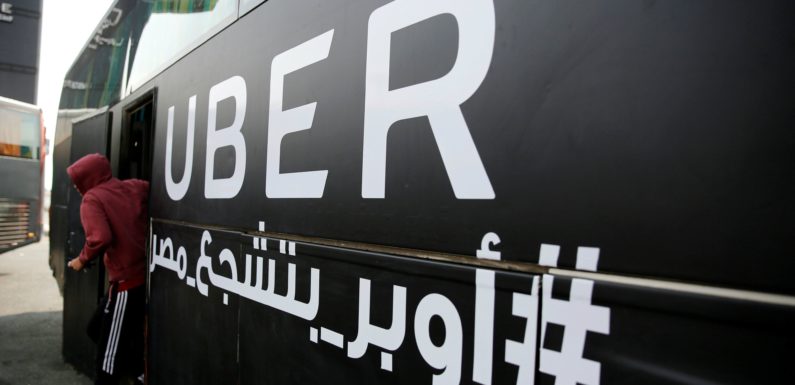
Egypt’s parliament passed a law on Monday managing ride-sharing applications Careem and Uber , possibly finishing a claim that could close them down in one of their greatest markets yet forcing new expenses and information sharing necessities.
Legitimizing the inexorably well-known ride-sharing administrations wound up pressing in March when an Egyptian court requested their suspension after a gathering of cab drivers recorded a suit, contending they were wrongfully utilizing private autos as cabs.
Another court a month ago remained that decision, permitting U.S.- based Uber and its Dubai-based rival Careem to keep working while the case is bid. A higher court is relied upon to hear the interest not long from now.
Uber has confronted administrative and legitimate misfortunes around the globe in the midst of resistance from customary taxi administrations. It has been compelled to stop a few nations, for example, Denmark and Hungary.
Uber has said Egypt is its biggest market in the Middle East, with 157,000 drivers in 2017 and 4 million clients since its dispatch there in 2014.
The new law stipulates that ride-sharing organizations acquire five-year sustainable licenses for an expense of 30 million Egyptian pounds ($1.71 million) and that drivers pay yearly charges to get extraordinary licenses to work with the organization.
“This is a major step forward for the ride-sharing industry as Egypt becomes one of the first countries in the Middle East to pass progressive regulations,” Uber said in a statement.
“We will continue working with the prime minister and the cabinet in the coming months as the law is finalized and look forward to continuing to serve the millions of Egyptian riders and drivers that rely on Uber.”
The law likewise requires the organizations to hold client information for 180 days and offer it with authorities “on request” and “according to the law,” according to a copy of the law reviewed by Reuters.
A prior draft of the bill had called for constant information sharing by the organizations, however that provoked some restriction in parliament because of security concerns.
The law should now be sanctioned by President Abdel Fattah al-Sisi.
Uber said a year ago it was focused on Egypt regardless of difficulties introduced by clearing monetary changes and record swelling. In October, Uber declared a $20 million interest in its new help focus in Cairo.
It has needed to make manages nearby auto dealerships to furnish its drivers with moderate vehicles and alter its ride costs to guarantee its specialists were not hit too hard by inflation.

